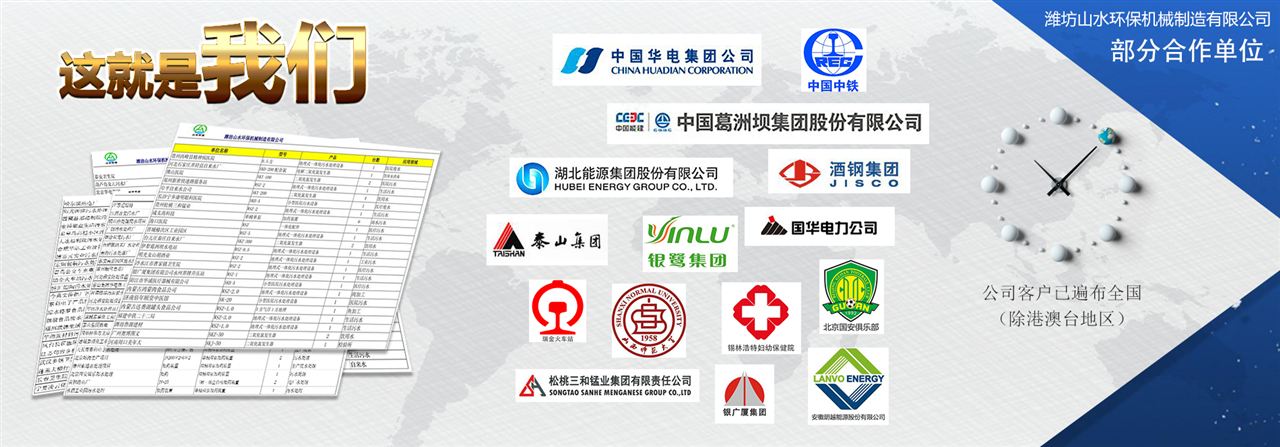First, the process diversification
The objective environment of rural areas in different regions of China is quite different. In addition, the differences in living patterns and living habits that have been formed in rural areas for a long time make the sewage treatment method not too single. Therefore, the process suitable for rural sewage treatment must be diversified and serialized. It can adapt to the requirements of different regions and different geographical environments. It must be tailored to local conditions and tailored to save investment and management.

Second, low operating costs
The operating costs of sewage treatment stations generally include personnel electricity, wages, pharmacy and consumption. The investment in construction and operation of rural sewage treatment is mostly allocated by special pollution control funds. Due to the limited annual construction of new rural construction, The running cost has become a heavy burden for the station building unit, and the result is that the station has not been built. Therefore, the choice of sewage treatment process should first select a sewage treatment process with low operating costs.
Third, the amount of remaining sewage is small
Sludge treatment is a problem that must be considered in the construction of sewage treatment stations. What kind of sludge treatment process has an important impact on the investment and operation costs of sewage treatment stations. In the traditional sewage treatment project cost, part of the sludge treatment investment generally accounts for about 15% of the total investment of the project, and the technical level of sludge concentration and dehydration is high, the operation management is complicated, the environmental conditions are poor, and if the operation and management are improper, It is easy to cause secondary pollution. Therefore, in the determination of the sewage treatment process, the process of producing a small amount of sludge should be preferred. Since the amount of sewage in rural areas is generally below 1000m3/d, sludge treatment should be simple and practical.
Fourth, the treatment depth should be appropriate and the emission standards should be appropriate
The choice of wastewater treatment process is closely related to the investment in the sewage station, but the choice of wastewater treatment process depends on the emission standards of the local environmental protection department. According to the national regulations on rural sewage discharge, the “Emission Standard for Pollutants in Urban Sewage Treatment Plants GB18918-2002†shall be implemented. At the same time, according to the different areas in the rural areas, the sewage discharge standards shall be determined with reference to local standards. If the rural area is not a national key control area or an environmental hot spot, the emission standards may be appropriately adjusted according to local conditions. For example, in closed and semi-enclosed water areas, the requirements for nitrogen and phosphorus removal may be considered, while in open water areas, Appropriately reduce relevant standards such as nitrogen and phosphorus, simplify operation management, save engineering investment and operating costs, in order to achieve practical results after completion.

5. Reclaimed water should be given priority, but it must be done with strength.
China's agriculture is irrigated agriculture. Many rural areas, especially the central and western regions, still cannot change the fate of relying on the weather. The area of ​​cultivated land affected by drought every day accounts for about one-fifth of the total cultivated area. Traditional agriculture, mainly food crops, agricultural and sideline industries, mainly vegetable cultivation, and modern agriculture, mainly fruit trees and nurseries and flowers, require a large amount of water to be watered. Some rural areas even use sewage directly. Therefore, in order to save groundwater resources and reduce the harm caused by pollution, in the process of sewage treatment, water reuse should be carried out as much as possible. Although the relative investment in water reuse is not large on the basis of sewage treatment compliance, the investment in tons of water is increased by about 300-500 yuan (regardless of membrane biotechnology), and the operating cost per ton of water is increased by about 0.1-0.2 yuan (regardless of membrane organisms). Process), but it is still a small expense for the vast rural areas. Therefore, the scale of water treatment should be reasonably determined according to the water quota and demand, so as to avoid unnecessary investment waste, and even the water reuse process should be reasonably selected according to the object of reuse, investment, operating costs and management complexity. .
Sixth, management is simple and convenient
Water pollution control is a systematic project. It is not a large-scale, assembly line production equipment. It is a special processing plant and requires a certain level of operation and management to maintain its excellent operation throughout the year. Since the rural sewage station is mainly managed by the villagers and the quality of the management personnel is low, the sewage treatment process must be managed simply, and the treatment technology should be as simple and extensive as possible while satisfying the needs.
Red Chili,Seafood Hotpot Seasoning,Black Pepper Spices,Dried White Pepper
Chinese Seasoning (Shandong) Trading Co.,Ltd , https://www.zt-trading.com